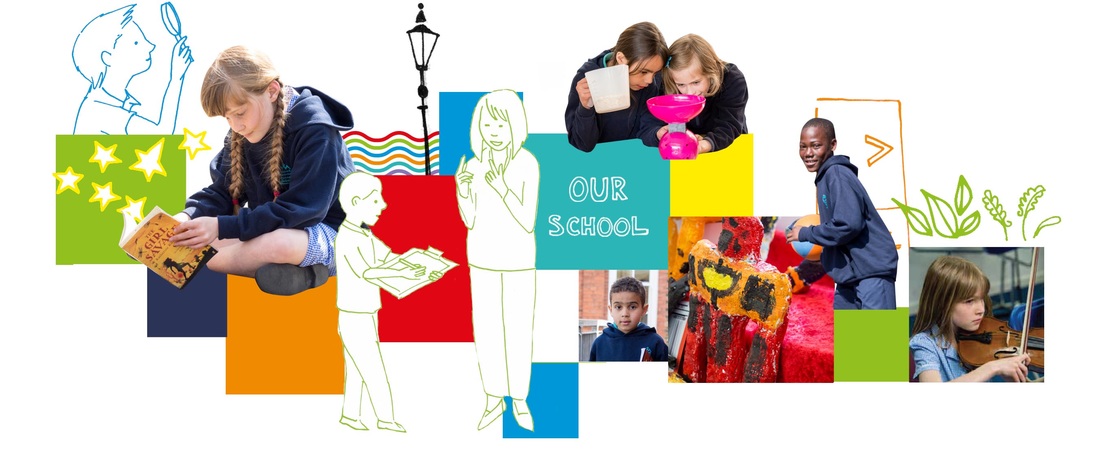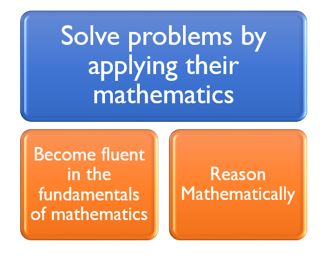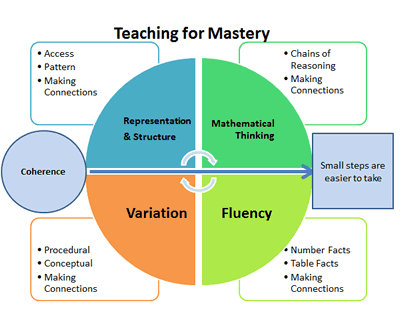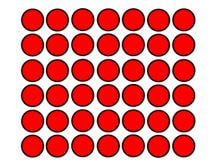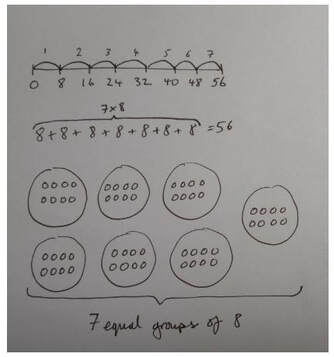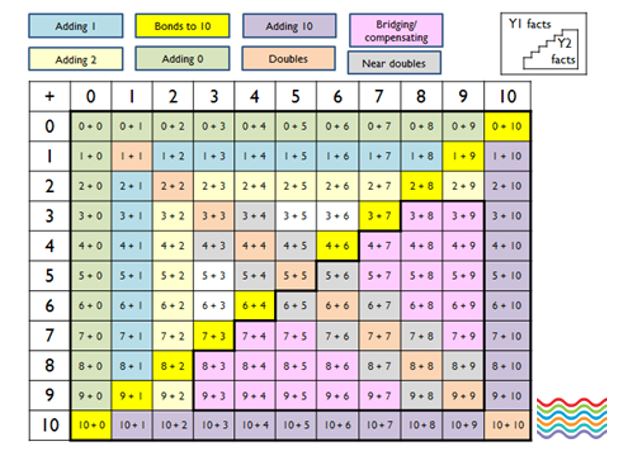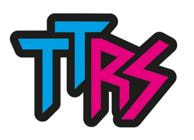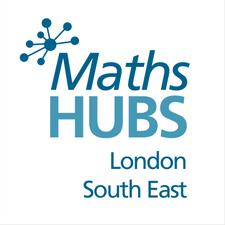Our Curriculum | English | Mathematics |
Science | PSHE | Music | PE | Art | RE | MFL | D&T | Geography | History | Computing | Extra-Curricular |
Science | PSHE | Music | PE | Art | RE | MFL | D&T | Geography | History | Computing | Extra-Curricular |
MATHEMATICS
We believe that every child at Dulwich Hamlet has the potential to be a mathematician who can:
Reasoning and fluency are the foundations for effective problem solving.
Mastery
As a school we follow the national curriculum, which is designed to build breadth and depth of understanding rather than accelerating children onto curriculum objectives from later year groups. We have created a carefully sequenced and bespoke curriculum based on the NCETM Mastery Professional Development documents and the White Rose Maths Hub Schemes of Learning.
We aim to challenge all learners in the classroom so they develop ‘mastery’ of each concept. Take the example of 8 x 7 = 56. Your child may be able to solve or even know off by heart that answer to this calculation. However, ‘mastery’ would involve:
As a school we follow the national curriculum, which is designed to build breadth and depth of understanding rather than accelerating children onto curriculum objectives from later year groups. We have created a carefully sequenced and bespoke curriculum based on the NCETM Mastery Professional Development documents and the White Rose Maths Hub Schemes of Learning.
We aim to challenge all learners in the classroom so they develop ‘mastery’ of each concept. Take the example of 8 x 7 = 56. Your child may be able to solve or even know off by heart that answer to this calculation. However, ‘mastery’ would involve:
Knowledge, Fluency and Overlearning
Overlearning refers to the continued practice on a task after some criterion of mastery on that task has been achieved. A pianist, for example, might continue to practice a piece despite already being able to perform it. (Soderstrom & Bjork, 2013)
As adults we underestimate the importance of overlearning; children should practise these facts regularly – we are aiming for them to find it impossible to get it wrong. Too often we allow children to stop practising as soon as they have been successful.
Year 3
At the start of year 3 we would expect children to know all their addition and number bond facts to 10.
Overlearning refers to the continued practice on a task after some criterion of mastery on that task has been achieved. A pianist, for example, might continue to practice a piece despite already being able to perform it. (Soderstrom & Bjork, 2013)
As adults we underestimate the importance of overlearning; children should practise these facts regularly – we are aiming for them to find it impossible to get it wrong. Too often we allow children to stop practising as soon as they have been successful.
Year 3
At the start of year 3 we would expect children to know all their addition and number bond facts to 10.
Year 4
By the end of Year 4 we would expect children to have learnt their times tables up to 12 x 12 with rapid recall.
By the end of Year 4 we would expect children to have learnt their times tables up to 12 x 12 with rapid recall.
Calculations
Please see the links below for details of how we teach the four main written calculations
Calculation guide - Addition | Calculation guide - Division | Calculation guide - Multiplication | Calculation guide - Subtraction|
Please see the links below for details of how we teach the four main written calculations
Calculation guide - Addition | Calculation guide - Division | Calculation guide - Multiplication | Calculation guide - Subtraction|
|
|
|
|
|
Our series of calculation videos are available to view via our Youtube channel. The videos explain the Concrete Pictorial Abstract method which we follow, allowing children to develop a deep conceptual understanding of the written algorithms. Also available are our printable calculation guides. Please do let us have any feedback & feel free to share.
Homework
The evidence base for homework is a complicated one. If you are interested, you can read the Education Endowment Foundation summary here. As a school we are clear in our purposes for homework.
1. To assist with ‘overlearning’ of key facts and procedures.
2. In Year 6 only, to help children develop good working habits as they prepare for transition to secondary school.
The evidence base for homework is a complicated one. If you are interested, you can read the Education Endowment Foundation summary here. As a school we are clear in our purposes for homework.
1. To assist with ‘overlearning’ of key facts and procedures.
2. In Year 6 only, to help children develop good working habits as they prepare for transition to secondary school.
Maths beyond our school
Our Assistant Headteacher, Mr Salomonson, is an NCETM Maths Mastery Specialist for the London South East Maths Hub and runs a Teacher Research Group, supporting local schools with the development of their maths curricula.
Our Maths Subject Leader is Miss Thornton Smith.
Our Maths Subject Leader is Miss Thornton Smith.

